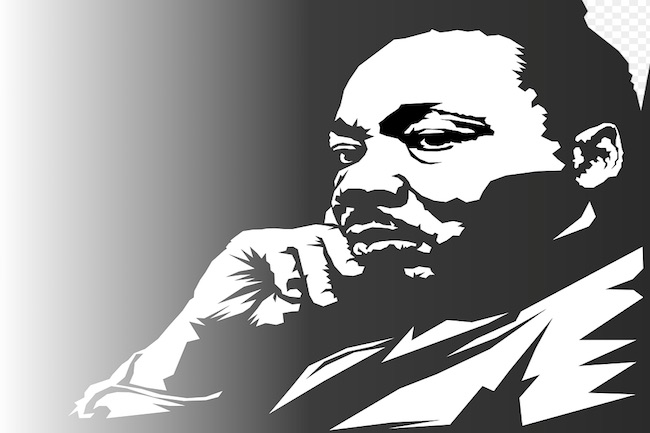How the Great Awakening Impacted the Civil Rights Movement byEDDIE HYATT for Charisma News
Dr. Martin Luther King, Jr. and America’s black church are a vital part of the legacy of 1726 and the Great Awakening that began that year. As I have documented in my latest book, 1726, the Awakening had a profound impact on the black populace of Colonial America. Indeed, it was out of this Awakening that the American black church was born and the spiritual and moral resources were unleashed that eventually brought about the end of slavery on this continent.
From Evangelism to Social Transformation
At the beginning of the Great Awakening in 1726, outreach to the black populace was evangelistic in nature and not characterized by opposition to slavery. Those early preachers, such as Whitefield, Tennant and Edwards, saw their primary purpose as getting people ready for the next world, not necessarily improving their lot in this one. In their thinking, a slave on his way to heaven was far better off than a king on his way to hell.
Nonetheless, their insistence on sharing the gospel with all people and their willingness to share Christian fellowship with blacks, both slave and free, breached racial and cultural barriers in Colonial America. Also, the inclusive gospel message they preached and their compassionate treatment of blacks created a climate conducive to the anti-slavery sentiments that would burst forth through those who would come after them.
Indeed, the revivalists who came after Edwards and Whitefield carried the message of their predecessors to its logical conclusion: If we are all creatures of the same Creator and if Christ died that all might be saved, then how can slavery ever be justified?
They, therefore, began a vicious attack on the institution of slavery. This is what historian Benjamin Hart was referring to when he wrote, “Among the most ardent opponents of slavery were ministers, particularly the Puritan and revivalist preachers” (Hyatt, 1726: The Year that Defined America, 92).
These “ardent opponents of slavery” included the followers of Jonathan Edwards who expanded on his idea of the essential dignity of all created beings and applied it to the blacks of Colonial America. They included Levi Hart in Connecticut; Edwards’ son, Jonathan Jr., also in Connecticut; Jacob Green in New Jersey and Samuel Hopkins in Rhode Island.
Showing the Hypocrisy of Demanding Liberty and Tolerating Slavery
Samuel Hopkins (1721–1803), who had been personally tutored by Edwards, pastored for a time in Newport, Rhode Island, an important hub in the transatlantic slave trade. Like Paul, whose spirit was “provoked” observing the idols in Athens, Hopkins was deeply grieved by what he observed in Newport. He began to passionately speak out against this “violation of God’s will” and declared, “This whole country have their hands full of blood this day” (Hyatt, 1726: The Year that Defined America, 92).




